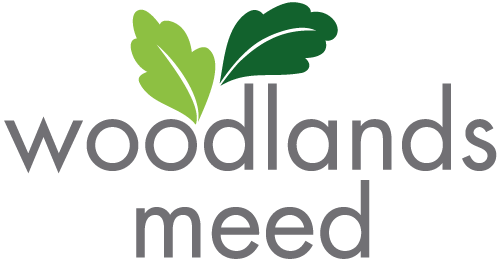PMLD
The Pre-Formal Curriculum
The Pre-Formal curriculum at WoodlandsMeed School is created for pupils who require sensory-based provision. The main goal of our Pre-Formal curriculum is to help each of our students become independent, capable individuals who can act in and on their world. Each of our pupils has a voice, and with the right encouragement, they can learn to use it to take charge of their surroundings and the people in them. For each pupil, everything we do is planned and thoroughly thought out across all curricular areas to ensure that it adds to their sense of self and gives them the chance to grow in their awareness of how they can change the world around them.
We make it a point to listen to, acknowledge, and correctly respond to each pupil's activities throughout every learning opportunity. These regular responses will help our students grow in their understanding of how they can influence their world. We want to give our pupils the opportunity to actively engage in their learning across the board.
The Pre-Formal Curriculum has five curriculum domains:
- My Communication
- My Cognition
- My Body
- My Care and Independence
- Me and My Community
Our pupils
Pre-Formal pupils are incredibly curious and excited about the world and all it has to offer. We are determined to give our students the opportunity to develop these qualities throughout all of their learning because they are tenacious, persistent, communicative, and social. We encourage active participation from all of our pupils in all facets of school life.
Each pupil has unique talents and needs, thus individualised learning opportunities and teaching strategies are necessary for them to advance in our programme.
The Pre-Formal Curriculum supports our Pupils to become
- Engaged learners: Pupils who are motivated to participate in learning and are suitably empowered to access what is being taught
- Communicators: Pupils who are actively communicating with others and/or their immediate environment using whatever form of communication is appropriate for them.
- Problem Solvers: Learners who are sufficiently resilient in their attention to experiment and identify a solution to a new learning challenge
- Unique Learners: Learners who have very distinctive, idiosyncratic learning styles that are in direct relation to their individual profiles of learning difficulties, sensory impairments and disabilities
- Immersed Learners: Learners who are demonstrably responsive to the specialist, personalised provision we provide with respect to their individual circumstances
- 21st Century Learners: Learners who can use modern technology to help overcome some of their difficulties and enhance their potential for learning
- Acquirers of knowledge: Learners who can use literacy skills to access information from their environment and express and apply their new-found knowledge
